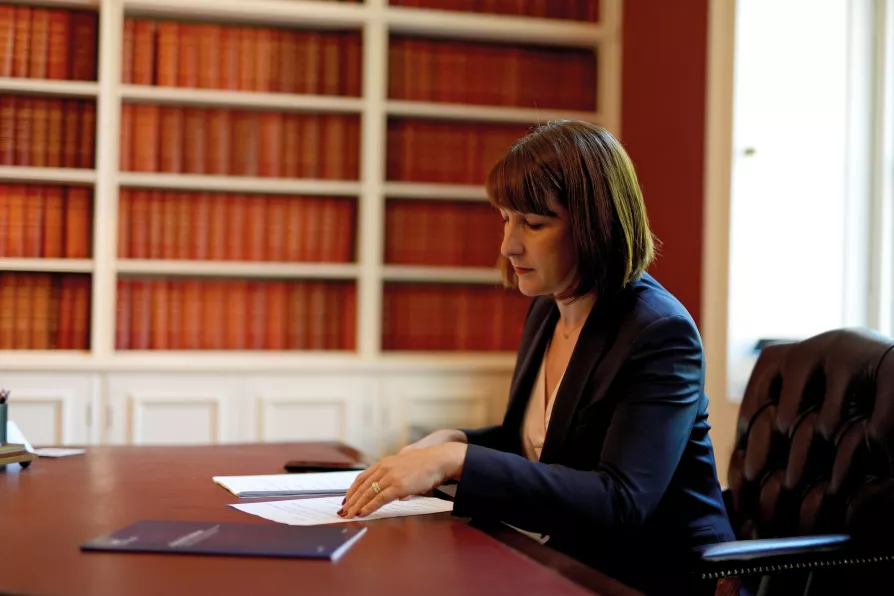The US-Israeli strikes against Iran are part of a decades-long war against the Islamic Republic which has refused to bow to US demands that it surrender its sovereignty, argues VIJAY PRASHAD

 TREASURY MIND: Rachel Reeves
TREASURY MIND: Rachel Reeves
THE pedigree of Rachel Reeves and Keir Starmer’s political outlook — cutting pensioners’ fuel allowances, flagging cuts in public expenditure — reaches much further back in parliamentary history to Labour’s first chancellor Philip Snowden. He introduced his first and only Budget in May 1924 and later issued it as a pamphlet, the Housewives Budget.
Snowden had been a member of the Independent Labour Party, a populariser of socialist ideals and a temperance campaigner. However, he had a distinctly Gladstonian Liberal frame of mind when it came to economics. Churchill noted that Snowden shared the “Treasury mind” with the governor of the Bank of England. Reeves of course is a former bank economist.
Snowden saw the chancellor’s job as managing the economy in a prudent way and certainly not increasing public expenditure.

STEPHEN ARNELL examines whether Starmer is a canny strategist playing a longer game or heading for MacDonald’s Great Betrayal, tracing parallels between today’s rightward drift and the 1931 crisis

KEITH FLETT traces how the ‘world’s most successful political party’ has imploded since Thatcher’s fall, from nine leaders in 30 years to losing all 16 English councils, with Reform UK symbolically capturing Peel’s birthplace, Tamworth — but the beast is not dead yet












